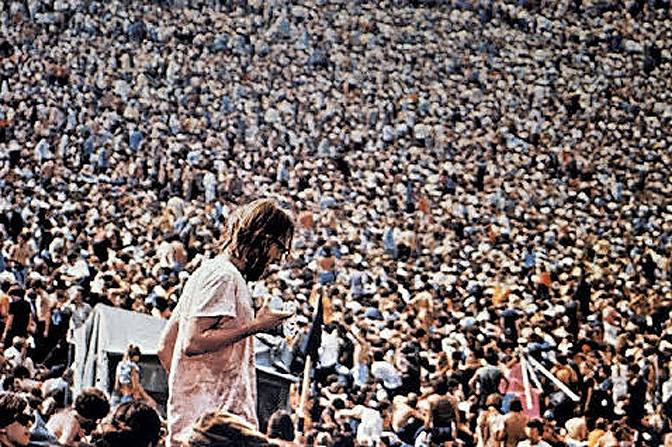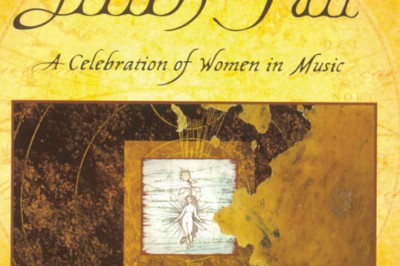In August 1969, the Woodstock Music & Art Fair emerged as a pivotal moment in cultural history, symbolizing peace, love, and music. Held in Bethel, New York, it attracted an audience of over 400,000 people, becoming more than just a music festival—it was a landmark event that reflected and influenced societal shifts. This article explores eight significant ways in which Woodstock has left an indelible mark on both music and society, illustrating its enduring legacy.
Birth of a Counterculture Movement
Woodstock became the epitome of the 1960s counterculture movement, embodying ideals of peace, love, and communal living. It showcased the power of music as a unifying force, bringing together people from diverse backgrounds to stand against the Vietnam War, racial injustice, and societal norms. The festival's atmosphere of freedom and non-conformity inspired a generation to challenge traditional values, leading to significant social changes, including advancements in civil rights, environmentalism, and women's liberation. Woodstock remains a symbol of hope and resistance for future generations.Evolution of Music Festivals
Woodstock set a precedent for modern music festivals, transforming them into cultural phenomena. Prior to Woodstock, music events were typically small and localized. However, Woodstock's success demonstrated the potential for large-scale festivals to be profitable and culturally significant. Today's festivals like Coachella and Glastonbury owe their format and ethos to Woodstock, emphasizing not only music but also art, community, and social awareness. The festival's innovative approach to live music performance and audience engagement has become a blueprint for organizing large-scale music events worldwide.Amplification of Rock and Folk Music
Woodstock played a crucial role in elevating rock and folk music to the forefront of American culture. The festival featured legendary performances by Jimi Hendrix, Janis Joplin, The Who, and Crosby, Stills, Nash & Young, among others, showcasing the diversity and talent within these genres. These performances not only solidified the artists' careers but also highlighted the power of rock and folk music as mediums for political expression and cultural commentary. Woodstock's legacy continues to influence musicians and the music industry, cementing its place in the history of popular music.Media and Cultural Representation

Political Activism and Social Change
Woodstock served as a platform for political activism, reflecting the era's tumultuous social climate. The festival occurred during a time of significant political unrest, including protests against the Vietnam War and advocacy for civil rights. By providing a space where people could peacefully gather and express their dissent, Woodstock contributed to the broader movements for social and political change. Its legacy is evident in the continued use of music and cultural events as tools for activism, inspiring new generations to advocate for peace, equality, and justice.Innovation in Live Music Production
Woodstock introduced several innovations in live music production that have since become industry standards. Faced with the challenge of amplifying sound for hundreds of thousands of attendees, the festival's sound engineers pioneered techniques in large-scale audio engineering. Additionally, Woodstock's logistical planning, stage design, and crowd management strategies set new benchmarks for organizing massive outdoor concerts. These technical advancements have improved the quality and safety of live music events, ensuring audiences can enjoy high-fidelity sound and performances in a variety of settings.Environmental Awareness and Sustainability

















Comments
0 comment